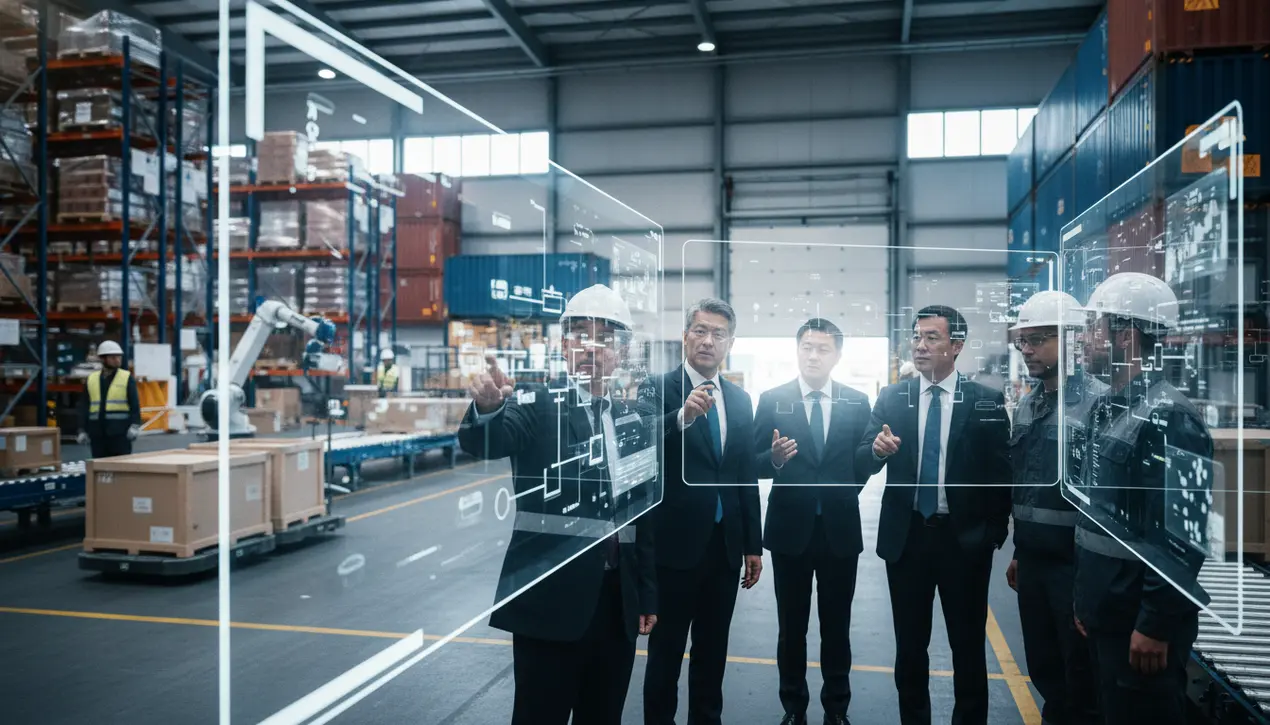
AIgenerative aiAI for Business Use
Alibaba President Advocates Practical AI for European SMEs
DA
Daniel Reed
2 hours ago7 min read
In a refreshing departure from the grandiose rhetoric that often dominates artificial intelligence discourse, Alibaba. com President Kuo Zhang has articulated a compelling vision for pragmatic, business-centric AI deployment specifically tailored for European small and medium-sized enterprises (SMEs).Writing an opinion piece for Euroviews, Zhang emphatically stated, 'We’re not chasing hype. We’re building AI that works for real businesses, real supply chains, and real growth.' This declaration cuts directly against the grain of an industry frequently obsessed with speculative artificial general intelligence (AGI) and large language model (LLM) parameter counts, instead advocating for a ground-level application of machine learning and predictive analytics to solve tangible operational challenges. For Europe's vast and diverse SME sector, which forms the backbone of the continent's economy but often lags in digital adoption, this approach could be transformative.Imagine AI models not merely generating poetic text, but dynamically optimizing cross-border logistics to mitigate port delays in Rotterdam, or providing real-time, multilingual customer service for a family-owned Italian leather goods exporter suddenly accessing markets in Poland and Portugal. This is the 'boring AI' revolution—the unsexy but critically important integration of algorithms into enterprise resource planning (ERP) systems and supply chain management platforms that directly impact a company's bottom line.The strategic implications are profound. By focusing on practical applications, Alibaba is not just selling a service; it is attempting to build the foundational digital infrastructure for global trade, positioning its cloud and AI offerings as the indispensable plumbing for 21st-century commerce.This contrasts sharply with the more research-oriented, 'moonshot' approaches of Western tech giants, reflecting a distinctly different philosophy on technological progress. For European SMEs, still grappling with the aftershocks of pandemic-related disruptions and ongoing geopolitical tensions, the promise is one of resilience.An AI that can predict component shortages from a factory in Shenzhen and automatically reroute shipments through alternative suppliers in Turkey is far more valuable than one that can write a sonnet. However, this push is not without its hurdles.Data sovereignty concerns, deeply entrenched in the European Union's regulatory framework via GDPR and the upcoming AI Act, present a significant challenge for a Chinese tech behemoth. Zhang’s advocacy must therefore be seen as part of a broader charm offensive to assuage fears and position Alibaba as a trustworthy, neutral partner in Europe's digital transformation. The success of this initiative will depend less on the sophistication of its underlying transformers and more on its ability to navigate the complex web of European cultural, regulatory, and business environments, proving that its AI tools are not just powerful, but also compliant, transparent, and ultimately, pragmatic.
#editorial picks news
#Alibaba
#SMEs
#supply chain
#AI implementation
#business growth
Stay Informed. Act Smarter.
Get weekly highlights, major headlines, and expert insights — then put your knowledge to work in our live prediction markets.
Related News
Comments
Loading comments...
© 2025 Outpoll Service LTD. All rights reserved.